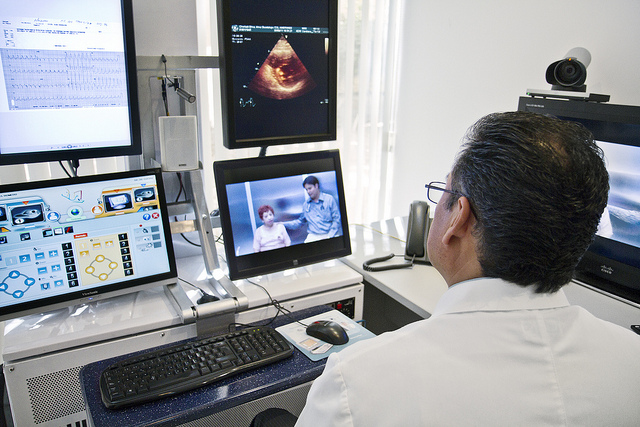
On Tuesday, Price Waterhouse Cooper’s Health Research Institute (HRI) released an industry brief on how recent regulatory action may be the catalyst to spur the fledgling telehealth market. In October 2014, the federal government expanded Medicare reimbursement for telehealth services, including remote chronic care management and an addition of seven new covered procedure codes for telehealth, including annual wellness visits, psychotherapy and prolonged services in the office.
Providers are seeing increased demand for telehealth services as consumers find value in these services – nearly half of consumers surveyed by HRI indicated they would be willing to pay for an online service or app that could diagnose and prescribe based on symptoms described by the user. Moreover, state and federal governments are driving expansion – more than 40 states have expanded Medicaid to cover telehealth and over 20 are mandating private insurer reimbursement. In November, the USDA awarded $8.6 million in telehealth grants, many of which are being used for equipment such as high-tech cameras.
This government infusion of payments and regulatory changes support new entrants and traditional players poised to grow the U.S. telehealth industry, which varying estimates value as high as $10 billion. Payers are now embracing telehealth providers such as MDLIVE and American Well to deliver remote care monitoring to their plan members. On the retail side, RiteAid and CVS are partnering with telehealth kiosk providers, while hospitals are using telehealth consults in fields such as neurology to resolve physician shortages, improve outcomes and cut costs.
However, challenges still exist before providers can adopt telehealth more broadly, such as licensing, varying prescribing privileges and reimbursement. According to PwC, telehealth success depends on boosting consumer demand, effectively addressing privacy and security, and enhancing employee awareness of the benefit and protocols for effective use.
For more information about this brief, visit here
Featured image credit: IntelFreePress via cc
